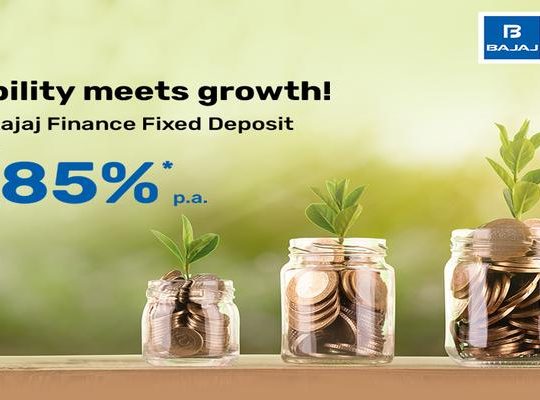The FMCG sector or the Fast-Moving Consumer Goods sector, refers to goods sold quickly and at relatively low costs. These products include everyday items ranging from food and beverages to low-cost household goods.
In India, the FMCG market size was approximately US$307.2 billion in 2022 and is expected to grow at a CAGR of 9.5% from 2023 to 2028, reaching over US$547.3 billion by 2028. Despite this vast market size, the question remains: is the FMCG sector recession-proof? Let’s find out.

Factors That Make the FMCG Sector Resilient
‘Recession-proof’ refers to a business, industry, job, or investment relatively resistant to economic downturns. In other words, these areas remain stable even when the economy is struggling or experiences minimal negative impact. The six key factors that make the FMCG sector recession-proof are:
1. Diverse Product Range
The FMCG sector includes a diverse range of products. Personal care products, household care items, food and beverages, cosmetics, and toiletries all belong to this category. This diversity ensures that the sector can cater to various consumer needs, regardless of age or gender, making it less vulnerable to economic downturns.
2. High Consumer Demand
Certain FMCG products are necessities, and their demand remains steady even during economic turmoil. Food is a prime example. Even if there is a major drop in employment rates and people are struggling to find jobs, they will still spend their savings on FMCG items like wheat flour, cereals, and rice to feed themselves and their families.
3. Strong Distribution Networks
The success of the FMCG sector relies on its strong distribution networks, which ensure the supply of products even to far-reaching locations in the country. For example, food items can easily be found in the country’s higher altitudes without proper road connectivity.
This smooth distribution has become possible because of a diverse network chain that comprises retailers, e-commerce platforms, and wholesalers.
The mentioned network can flexibly adapt to evolving consumer trends, including the growing preference for online shopping, which ultimately enhances the sector’s resilience.
4. Brand Loyalty
Several FMCG companies have created a strong bond of loyalty with their consumers. Prominent brands often enjoy the support of a dedicated customer base that continues to buy their products, even when the economy is down. This loyalty ensures stable revenue and helps companies overcome economic obstacles.
For example, ITC’s product portfolio includes Aashirvas Atta, Bingo, etc. which has its customer base. This loyal customer base directly impacts the cost of ITC share in the Nifty index.
5. Innovation and Adaptation
The FMCG industry is distinguished by its knack for innovation and its adaptability to changing consumer preferences. Companies are continually investing in research and development to develop new products and refine those already in the market. This innovative approach helps the sector remain relevant and responsive to consumer needs.
6. Economies of Scale
FMCG companies gain from economies of scale, allowing them to cut production expenses. Through mass production and streamlined supply chain operations, these companies can offer lower prices, reaching more customers.
In addition, the government supports this sector through various schemes. For example, the Production Linked Incentive (PLI) scheme in India aims to lower import costs, boost domestic capacity, improve cost competitiveness for domestically produced goods, and enhance exports.

Conclusion
The strength of the FMCG sector lies in its product diversification, steady consumer demand, efficient distribution systems, and established brand loyalty. Continuous innovation and cost efficiencies also contribute to the sector’s stability.
As the FMCG sector continues to evolve with market trends and consumer demands, it will be a driving tool for economic growth and progress in India and is likely to be less impacted by recession.








